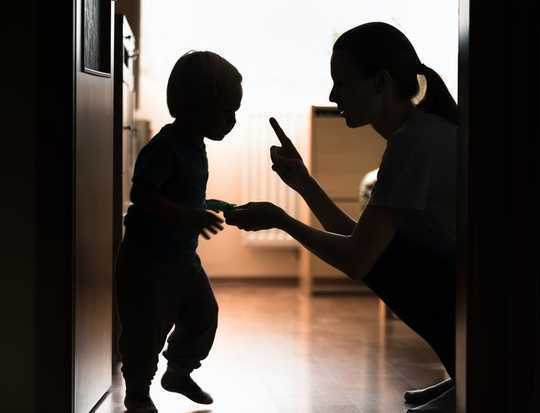
The coronavirus restrictions are slowly being eased but the pressures on families at home still probably lead to many tears of frustration.

As we start to think about rebuilding our lives in the midst of an ongoing pandemic, we need to be clearer than ever about what kind of Australia we want to live in, what counts as progress, and how we measure how well we’re succeeding.

When you wake up from a strange or particularly memorable dream, how likely are you to share it? Maybe you might tell your partner about it over breakfast or text a friend to tell them the details and ponder over its meaning.
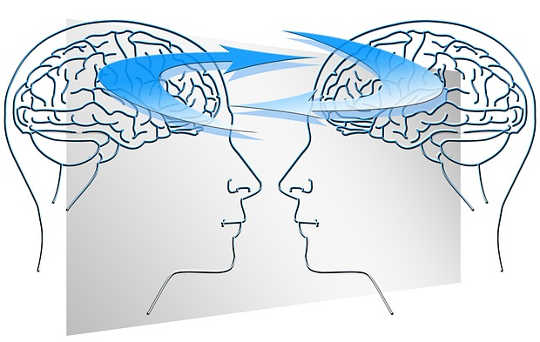
Have you ever listened? I mean truly listened? Quieted your mind and surrendered all self-concern and given yourself completely to another person so that he or she is fully heard? If you’re really honest, the answer is likely no.

Some people are lucky enough to look back at their childhood with affection for a time in life without much stress and anxiety.
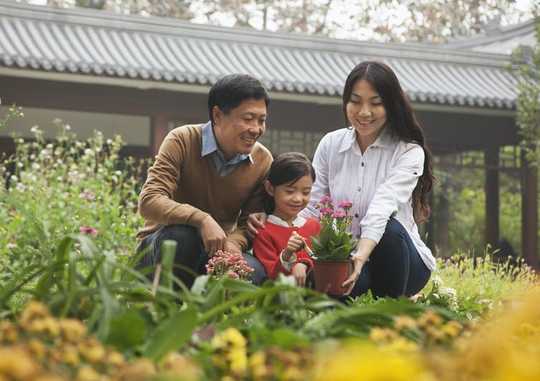
Once, a long time ago, one of us, Bethany, fell behind at the grocery store and was trying to catch up

Truth in Dating is about using honesty as a "practice." A practice is a discipline that you take on intentionally in order to expand your awareness and enhance your capacity to experience life to the fullest. Telling the truth is not easy. Yet when you do allow yourself to be real and spontaneous, you're more radiant, alive, and attractive.

In many countries schools remain closed and the dinner table now serves as the school desk.

What you say and how you say it certainly matters, and I'll focus on ways to talk more effectively later. First, though, I want to emphasize that you can cut down on headache-causing strife using any number of strategies, most of which don't involve struggling for the right words.
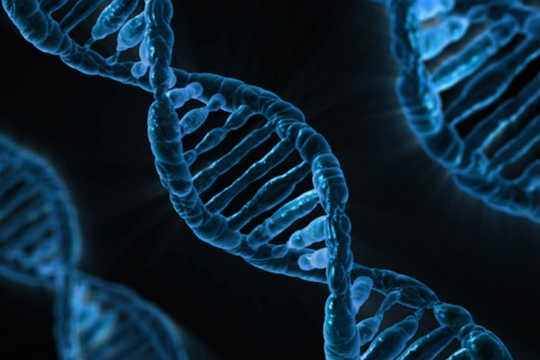
Your life journey began with your parents or primary caregivers, and your childhood experience of gifts, hurts, and disappointments: these became the very foundation of your ideas about love and pain.
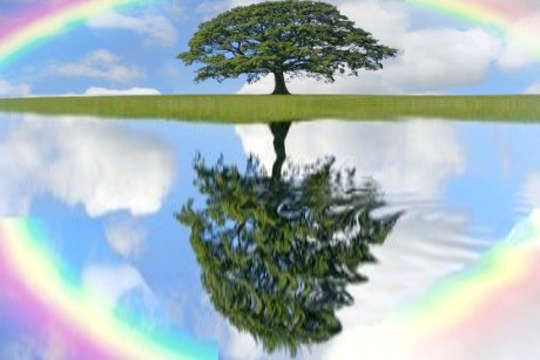
The image you hold of yourself determines your success or failure in everything. Ponder it for a moment. What do you really think about yourself? Do you like you? If you have accepted an idea of inferiority, then you better stop and rethink your position.

There is much uncertainty bubbling up around the Québec government’s decision to re-open elementary schools May 11 in most regions and in greater Montréal on May 19.

Has anyone ever told you: “Don’t baby talk to your baby?” Parents of young infants often tell us that they have heard this advice from friends, family and even health care professionals.

Parenting musically is the way I describe what happens when moms and dads use music for many nonmusical tasks and goals.
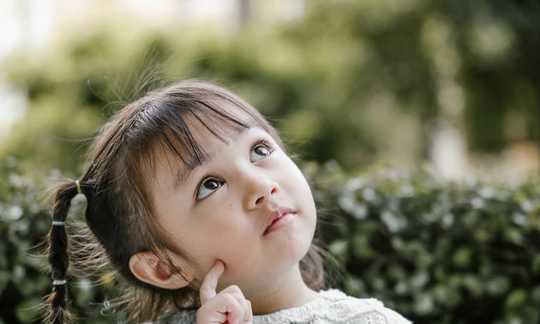
When children raise uncomfortable questions or questions that seem to have no answers, adults tend to respond with explanations that try to resolve the issue, at least temporarily.

In the COVID-19 pandemic, children are just as concerned as their parents about what is happening. The closure of schools is a huge upset in children’s lives.
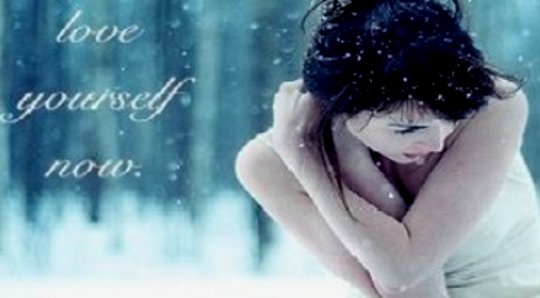
My thoughts and feelings have a lot to do with how I do or don't love myself. Imagine learning to love every part of your Self, the good stuff and the 'bad.' It has been a big project for me. Some years ago, a wise teacher told me emotional balance was key to knowing the higher levels of my Self...

With governments around the world asking their citizens to avoid places, activities and gatherings to save lives, this just might be the largest ever international effort to self-regulate our actions against competing desires and impulses.
- By Lana Allen
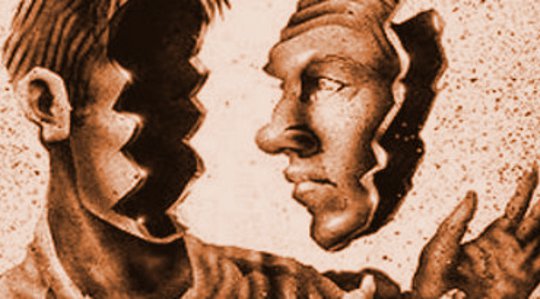
The ancient Greeks knew the unexamined life was not worth living. They knew that the knowledge of self was the key to all other knowledge. This is very profound for each of us today.

At childcare and preschool, children experience belonging to a community and engage actively with their learning.

With many college students forced to return home due to the COVID-19 pandemic, tensions and arguments are bound to flare up.

COVID-19 has revealed a great many things about our world, including the vulnerabilities inherent in our economic, health care and educational institutions.
















